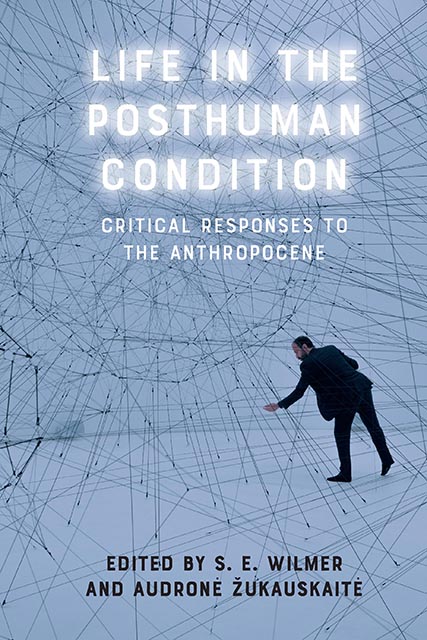13 - Forms of Life: Simondon, Ruyer, Malabou
Published online by Cambridge University Press: 20 October 2023
Summary
When trying to explain the endurance of living beings, philosophers often invoke the notion of form. Development, maintenance and destruction of living beings is interpreted by analogy as creative experience. For example, Gilbert Simondon, explaining the notion of individuation, or ontogenesis, refers to it as ‘the theatre of individuation’, where living beings perform their roles. Raymond Ruyer, explaining the development of forms, or the process of morphogenesis, evokes the example of a musical melody: regardless that it might be written in scores, it can be performed in many different ways and is always open to improvisations and adjustments. Catherine Malabou, writing about cellular and neuronal plasticity, often gives the example of a sculpture whose clear and beautiful forms appear only when we carve out and remove some previous forms. This leads to the question of how life is related to the notion of form and also to what extent this notion of form could be extended from living to non-living beings.
Simondon: life as the theatre of individuation
Simondon created an original theory of individuation which explains the development of physical, biological, psychosocial and technical beings. Simondon argues that there are two philosophical paths to explain of how individuals are formed: a substantialist and a hylomorphic path. The substantialist path presumes that an individual arises from a certain substance, whilst the other, hylomorphic, path explains the individual as generated by the encounter between form and matter. Simondon argues that individuation arises neither from a certain substance, nor from an interaction between matter and form, but from a pre-individual state which is anterior to any individual. He takes the hypothesis about the pre-individual state from physics, namely from the thermodynamic notion of metastable equilibrium, and extends it to a wide array of physical, biological and psychosocial individuals. A metastable equilibrium is a system which is neither stable nor unstable, but is charged with potentials for becoming, and which contains enough potential to ‘produce an abrupt alteration leading to a new, equally metastable structuration’ (Simondon 2020: 369). In other words, first we have to explain the process of individuation – the transition from the pre-individual state to a new phase or condition – and only then can we define what an individual is.
- Type
- Chapter
- Information
- Life in the Posthuman ConditionCritical Responses to the Anthropocene, pp. 261 - 279Publisher: Edinburgh University PressPrint publication year: 2023



